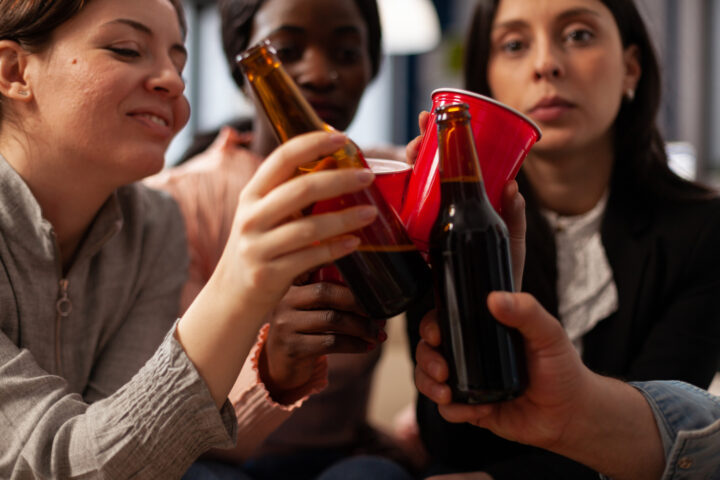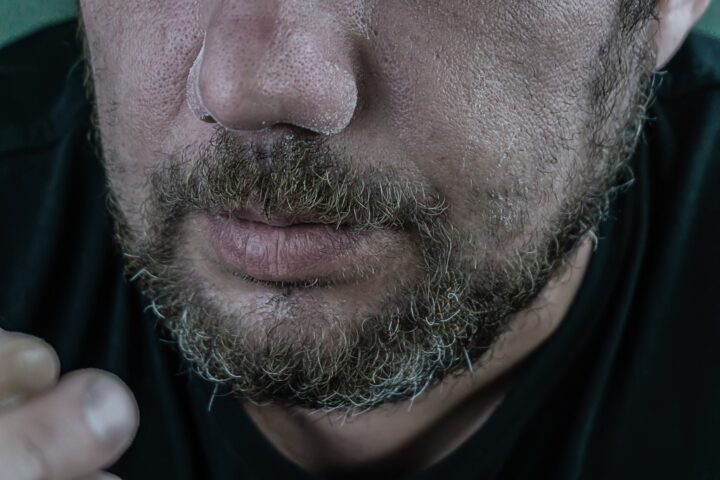Embarking on the journey of addiction recovery is a courageous step. One crucial element to your success is developing healthy coping skills. These will serve as tools in your toolkit, providing alternatives to substance use when faced with stressors, triggers, or uncomfortable emotions. Here’s a step-by-step guide on how to build those skills within the framework of addiction therapy.
Step 1: Acknowledge and Understand Your Triggers
The first step towards developing healthy coping skills is acknowledging your triggers. You need to identify the circumstances, environments, or feelings that often lead you towards substance use. Understanding your triggers provides you with valuable insight and helps in devising effective strategies to deal with them.
Step 2: Learn and Practice Mindfulness
Mindfulness is a powerful tool in managing triggers. By being fully present and engaged in the current moment, you can become more aware of your thoughts and emotions without judgment. This awareness can help you respond to stressors more effectively, rather than resorting to substance use.
Step 3: Engage in Physical Activity
Physical activity can be a great outlet for stress. Whether it’s going for a run in one of Johannesburg’s beautiful parks, joining a local gym, or simply taking a walk around your neighborhood, moving your body can help release endorphins, reduce stress, and serve as a healthy alternative to substance use.
Step 4: Develop Healthy Relationships
Having a strong support network is invaluable in your recovery journey. It’s important to cultivate relationships with individuals who understand and support your recovery efforts. You might consider joining support groups in Johannesburg where you can connect with others on a similar journey.
Step 5: Seek Professional Help
Professional help is an essential aspect of recovery. Therapists and addiction counsellors can provide you with the tools and strategies necessary to build and maintain healthy coping skills. They can guide you in applying these strategies effectively to manage your triggers and avoid relapse.
Examples of Building Healthy Coping Skills In Addiction Therapy
| Coping Skill | Description |
|---|---|
| Journaling | Writing down your thoughts and feelings can be a therapeutic way to cope with stress and triggers. It can also help you identify patterns and gain a deeper understanding of your emotions. |
| Artistic Expression | Engaging in creative activities like painting, drawing, or playing a musical instrument can be a therapeutic and healthy way to express and manage your emotions. |
| Mindful Breathing and Relaxation Techniques | Practicing mindful breathing and other relaxation techniques can help manage stress, reduce anxiety, and provide an immediate alternative to substance use when faced with a trigger. |
Additional Coping Skills
- Meditation: Regular meditation can help you better manage your emotions, reduce stress, and enhance your overall mental wellbeing.
- Volunteering: Giving back to the community can provide a sense of purpose and distraction from cravings. In Johannesburg, there are numerous volunteer opportunities that can help you feel connected and positive.
- Learning a new skill: This can be a fulfilling and absorbing alternative to substance use. It can be anything from learning a new language, cooking a new recipe, or even coding.
Looking back at these coping mechanisms and the steps discussed previously, it becomes clear that developing healthy coping skills is an ongoing and dynamic process. Each skill you add to your toolkit becomes another resource you can call upon when faced with stressors or triggers. Whether it’s through writing, expressing yourself creatively, engaging in mindfulness techniques, or any of the other strategies mentioned, you’re empowering yourself to navigate through your recovery journey more effectively.
Building these skills takes time and patience, and it’s okay if you find some techniques work better for you than others. The key is to keep exploring and discovering what aids you most in your journey towards recovery. With the support of professional help in Johannesburg and a robust set of coping skills, you can confidently face the challenges that come your way, finding healthy alternatives to substance use and leading a more balanced life.
The road to recovery is unique and challenging in its own ways. However, by acknowledging and understanding your triggers, practicing mindfulness, engaging in physical activity, developing healthy relationships, and seeking professional help, you can build a robust set of coping skills that will serve as an effective alternative to substance use.
Endorsing the value of seeking professional help is critical. Therapy and counselling play a key role in equipping you with the necessary tools to handle triggers and stressors without resorting to substance use. In Johannesburg, you have access to a range of professional help services dedicated to supporting you through your recovery journey. Remember, it’s okay to reach out and ask for help – doing so is a sign of strength and an important step towards a healthier, addiction-free life.




